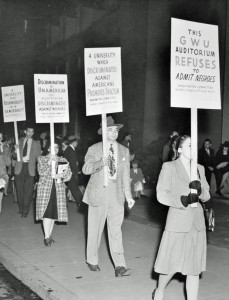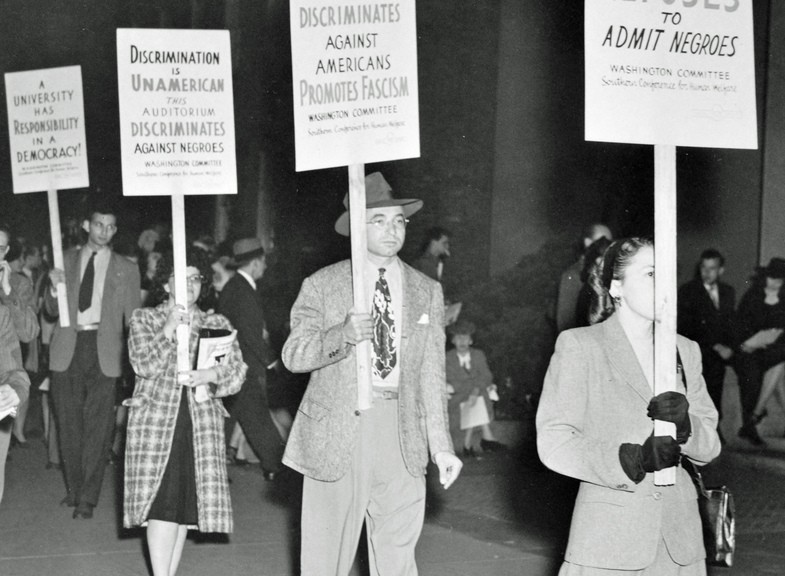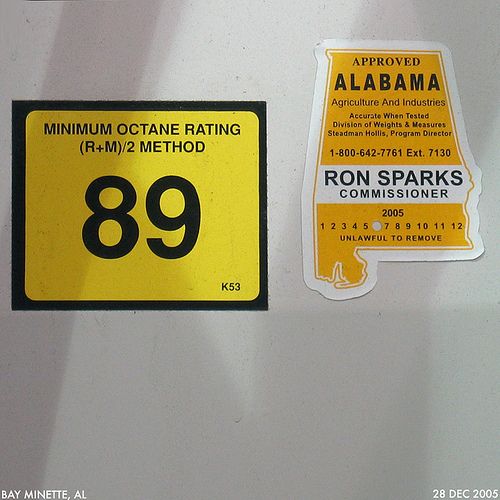Related to the so-called conscience clause that would excuse unprofessional refusals of care are religious freedom bills. A current example is Kansas’ HB2453, which passed the Kansas state house last week but died in the state senate yesterday.

Photo Credit: washington_area_spark via Compfight cc
Called “An act concerning religious freedoms with respect to marriage,” the bill would have prevented government agencies from compelling individuals and religious organizations to provide employment, employment benefits, and most any product or service to anyone involved in a gay marriage or civil union or even the celebration of one. Arguably, it also would allow businesses and religious organizations to refuse service to anyone involved in a gay relationship.
Calling such bills religious-freedom bills is Orwellian because they would take away freedom. They are about domination, not religion. They would empower people and organizations to deny basic human rights such as engaging in commerce and participating in the community. That’s unneighborly, un-American, unchristian, and unacceptable.
Besides, in a free society, our freedom depends on respecting the rights of others. If we can call discrimination an act of conscience, why couldn’t others do the same to us?
As George Lakoff has pointed out, bullies* use Orwellian language when they know their position is weak. I think Framologists should expose their position’s weakness and the true nature of such legislation by framing them as, perhaps:
- The Freedom for Me but Not for Thee Act
- Another LGBT Discrimination Act
- The Anti-Marriage Act
- The Marriage Inequality Act
- The Marriage Discrimination Act
- The Golden Rule Violation Act
- The Religious Hypocrisy Act
Of these, the first and the last two are my favorites. Whatever we call them, it’s important to avoid calling such legislation “religious freedom” bills because they are not. What do you think Framologists should call them?
*Lakoff used the word conservatives.

